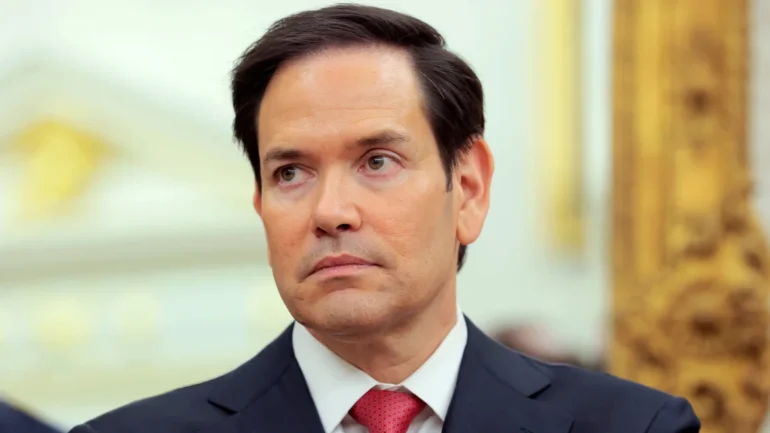In a move that has sent shockwaves through the international student community, U.S. Secretary of State Marco Rubio announced on May 29, 2025, that the United States will begin revoking visas for some Chinese students. The decision, targeting those studying in “critical fields” or with ties to the Chinese Communist Party, has sparked fear, anger, and uncertainty among the more than 270,000 Chinese students in the U.S., who make up roughly a quarter of all international students in the country.
The announcement, part of the Trump administration’s broader crackdown on student visas, has drawn sharp criticism from students and Chinese officials alike. Linqin, a Chinese student at Johns Hopkins University who requested anonymity out of fear of retaliation, called the policy a “new version of the Chinese Exclusion Act,” referencing a 19th-century law that barred Chinese immigrants from entering the U.S. and denied citizenship to those already there. “Wednesday was the first time I thought about leaving the U.S. after spending a third of my life here,” he said, highlighting the emotional toll of the decision.
China’s Foreign Ministry spokesperson, Mao Ning, condemned the move as “politically motivated and discriminatory,” arguing that it undermines the U.S.’s image as a free and open society. She added that China has formally protested the decision, which she said harms the rights of Chinese students and disrupts people-to-people exchanges between the two nations.
For students like Zou Renge, a 27-year-old pursuing a master’s in public policy at the University of Chicago, the announcement has upended carefully laid plans. Zou had hoped to work in humanitarian aid abroad after graduating but now plans to stay in the U.S. to avoid visa complications. “In a very uncertain environment, I’ll try my best to find myself a solution,” she said. Similarly, Candy, a statistics student at the University of Michigan, expressed dread at the possibility of her visa being canceled before she can complete her degree. “Ending up with only a high school diploma is something I fear,” she said.
The decision also threatens the financial stability of U.S. universities, which rely heavily on international students’ tuition. In the 2023-2024 academic year, Chinese students alone contributed significantly to the revenue of American colleges, where they are the second-largest group of international students, behind India. The policy could also disrupt the pipeline of talent to U.S. tech industries, which have long benefited from the expertise of Chinese graduates.
The move has reignited tensions in the already strained U.S.-China relationship. For decades, American universities have been a beacon for China’s brightest minds, including the daughter of Chinese leader Xi Jinping, who studied at Harvard under a pseudonym. But rising geopolitical rivalry, coupled with past policies like the Trump administration’s now-defunct China Initiative, has made the U.S. a less welcoming destination. During Trump’s first term, visa rejections for Chinese students spiked, and some were interrogated or sent home upon arrival at U.S. airports.
In response to the visa revocations, other countries and regions are seizing the opportunity to attract displaced students. Hong Kong’s leader, John Lee, announced that the city would welcome students facing “unfair treatment” in the U.S., with universities like the Hong Kong University of Science and Technology actively recruiting international students. Similarly, education consultants in Hong Kong are helping students with U.S. offers apply to universities in the U.K. and Australia as alternatives.
For students like Chen, an incoming freshman at Purdue University awaiting his visa, the policy feels like a betrayal of the values he associated with the U.S. “I was expecting freedom and tolerance,” he said. “It’s a pity to see such change.” As the fallout from Rubio’s announcement unfolds, many Chinese students are left grappling with an uncertain future, caught in the crosshairs of a deepening U.S.-China divide.
